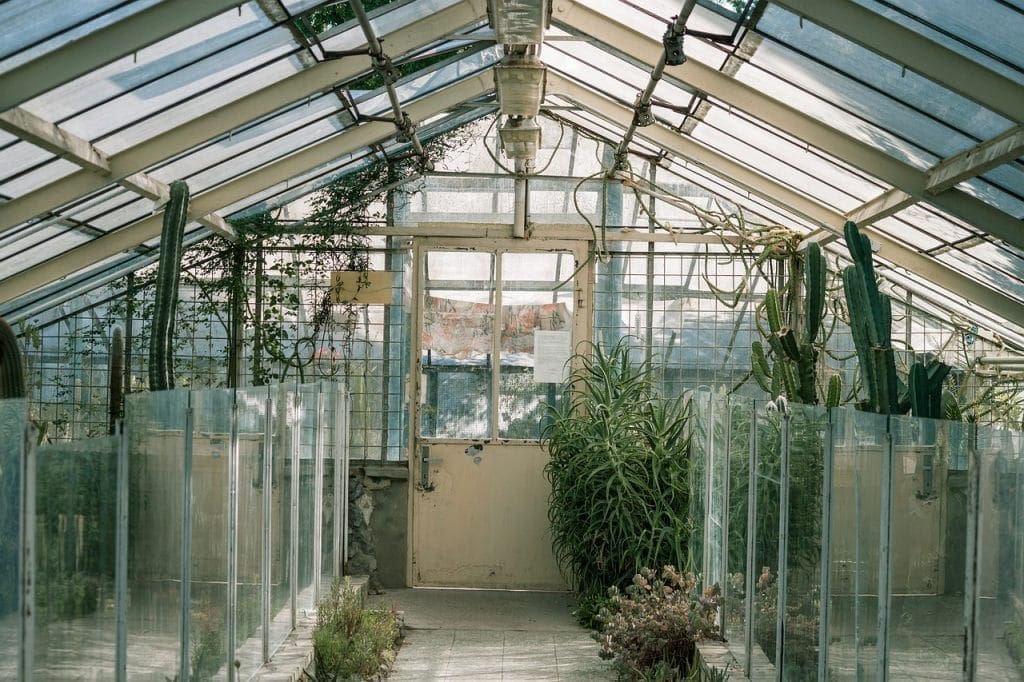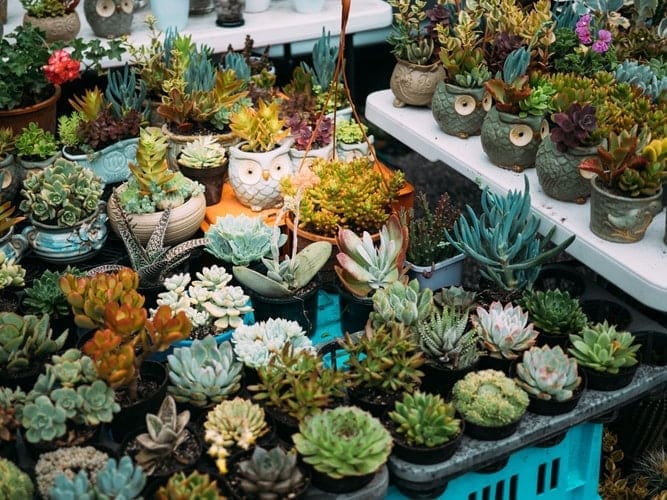By Justin G.
Most plant enthusiasts have killed their fair share of houseplants in an attempt to create those gorgeous indoor garden oases we all swoon over. Plant divas like monsteras, fig tree, and calatheas are very popular but extremely picky, so keeping them happy in an apartment or house takes serious practice.
Several smart plant sensors have launched in the past, but ultimately failed to help for a variety of reasons–from poor (or simply ugly) design to inaccurate data tracking and high price points. Many have fallen short because they don’t actually teach users about caring for their plants–as a result, people think they can rely solely on the technology to do all the work, which isn’t realistic, unfortunately.

Berlin-based FYTA has launched a smart sensor for houseplants called FYTA Beam that aims to fill these gaps. The small sensor accurately reads moisture, fertility, temperature, and light levels. It then provides statements on the plant’s living conditions and compares them with species-specific needs so home-gardeners know exactly what to do to help them flourish. It works in conjunction with the FYTA App, which is designed to help users better understand their plants over time, even independently from the sensors.
FYTA alerts owners to the needs of their houseplants in a straightforward and intuitive way, making beautiful interior gardening simple for urbanites. Instead of offering the illusion that a sensor can solve all of a gardeners’ issues, the device is meant to provide constructive feedback, and educate owners by helping them get into a sustainable rhythm with their plants so they can really help them flourish. Then, if they eventually “master” a plant, they can expand their garden even more.
“We all know it is hard to understand the needs of a living, sentient being even if we speak the same language,” said FYTA co-founder Sylvie Basler. “With plants, it’s extra tricky because, simply put, they can’t tell us what they need. Plants offer cues about their well-being, but it requires a lot of time and training to decrypt all those silent messages the plant is actually sending us. FYTA bridges this gap so that even beginner home-gardeners can understand what their plants need.”
While other plant sensors only measure the voltage between two single nodes on their probe, the Beam’s soil probes are made of stainless steel and measure the voltage across their entire length. FYTA offers probes in all different sizes separately, which can be exchanged with the default size to make sure users have the right fit. This allows the probes to collect more measurement values and calculate a highly reliable average. The Beam uses a Bluetooth LE mesh networking protocol which increases the radio range of the Beams up to 100m (if several Beams are operating) and an optional hub (the FYTA Base) enables connection over WiFi.
The app itself is built around an extensive plant database that was designed with the help of plant scientists. It includes relevant care information for all common house plants in its plant database and compares data measured by the Beam with predefined thresholds for the optimal health of each plant species and variety.
Users can create a profile for each of their plants in the app’s “Virtual Garden” and the plant database will then populate the plant’s profile. The app monitors and interprets the data received from sensors to determine if all measurements are within the limits prescribed for that specific plant species. Once it analyzes all this, the app sends notifications whenever a plant is thirsty, hungry or needs a more comfortable spot, depending on how often users determine they want to receive such alerts.
The app also includes educational and inspiring content with built-in tutorials and DIY ideas for plant care. It includes a newsfeed with relevant and entertaining content from the company’s own magazine and a Plant identification feature which helps users identify their plant if they aren’t sure what species they have.
The sensors are nicely designed and sustainably made. They’re customizable, replaceable, and powered through solar cells that support a lithium coin battery. Glass casings and soil skewers are recyclable and different colors and designs so users can personalize their Beams.
Co-founder Claudia Nassif hopes houseplant enthusiasts can use FYTA to really get to know their plants. “The FYTA Beam will bring your relationship with plants to a whole new level and will finally make your plants love you back,” she said.
The FYTA Beam is available for $35 USD on Kickstarter.




